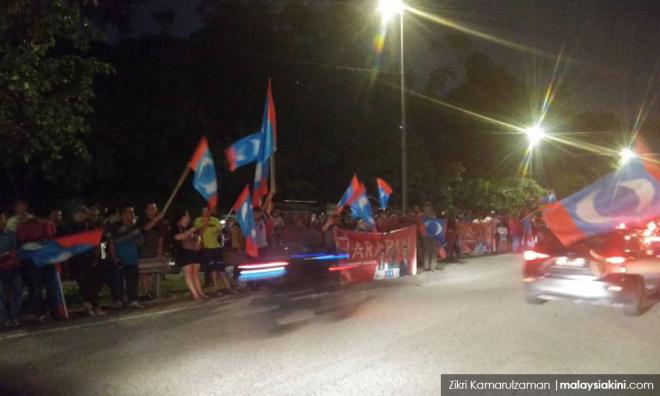
If 2019 has been difficult, one can argue that it has been part of a broader, difficult trajectory that began in 2009 when Najib Abdul Razak de facto assumed leadership of Malaysia.
While he would not become prime minister until 2011, the last decade was one where Malaysians broke from the past after the former prime minister Najib was seen to have abused his power in the now globally-known 1MDB scandal.
Reflecting on the last decade and acknowledging achievements offer important lessons as Malaysia looks ahead.
Corrosion of power
The erosion of power of Umno intensified over the last decade. It resulted from the product of three developments – a collapse of the multi-ethnic Barisan Nasional (BN) representing non-Malays in the coalition, decay of the patronage institutions of the party connecting it to its base, and adulterated greed on the part of party leaders.
Many of these developments had their roots earlier, but they deepened in the last 10 years with loss of support for parties such as MCA and MIC, failure to maintain the institutional party organs itself, and a growing chasm between the party elite and the grassroots.
These experiences offer timely lessons. Foremost, despite changing demographics, parties that fail to include and respect all Malaysians across ethnic communities lose power.
Even as Malaysia faces the prospect of a Malay-only government in the next decade, the reality is that this will not be a viable option to maintain Malaysia’s regional and global competitiveness and, at home, it will be an unstable political alternative. BN’s legitimacy was tied to its inclusiveness. Pakatan Harapan assumed this mantle last year – although there are concerns it has failed to date in this commitment.
Strong leadership comes from the confidence of respecting all Malaysians. Equally important is the ability of leaders to remember where their power comes from - the ordinary people. Being in power is an aphrodisiac in which leaders often forget the need to connect to their base and adopt a sense of entitlement that contributes to potential abuses in office.
Umno did this to their own peril and, despite post-GE14 nostalgia among the party’s political base, there has been little done to correct the gap and corrupt practices. Pakatan can well heed the need to listen to their grassroots and keep to the principles they touted.
People’s power
Malaysia’s second decade of the 21st Century reaffirmed the power of ordinary citizens – to bring to the fore issues on the streets and ultimately to kick out those seen to violate the nation’s ideals. Ordinary Malaysians took stock and stood tall in rallies and in the polling booth.
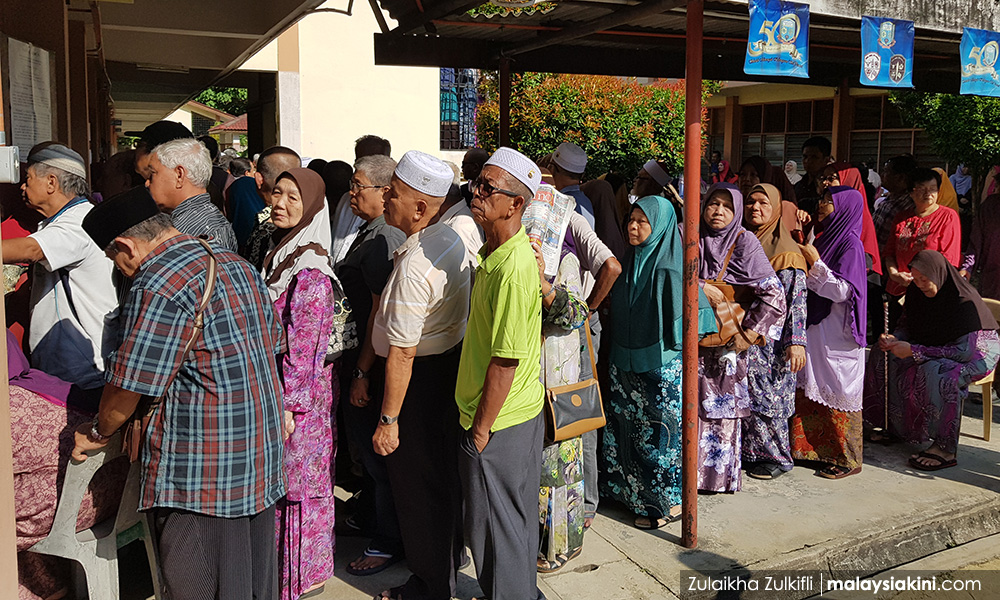
It is important to recall that GE14 was arguably THE story of year in 2018, in which Malaysians reminded the world of the need for a moral compass and the strength of a national community.
Importantly, Malaysians showed they were willing to take risks, to brave new conditions – bravery that holds them in good stead in the forthcoming decade of rough regional headwinds and uncertainty.
This people’s power has not gone away. Malaysia’s civil society is vibrant and engaged in helping fellow citizens across the country. While less energies are vested in the political elite, attention is turning toward communities as issues such as the environment, well-being and health have become integral parts of political engagement.
Malaysians are building their country on their own. Every day there are moments of kindness toward each other, from a smile to shared meals and the delight of a delicious durian. For all the negative stories, there are thousands of positive experiences of shared humanity.
And, when the opportunities are to vote, as there were in the by-elections this year, Malaysians took a stand – with repeated wake-up calls to Harapan to change its line-up and governance. Malaysians are paving the way for a better future for their children, in spite of the political challenges.
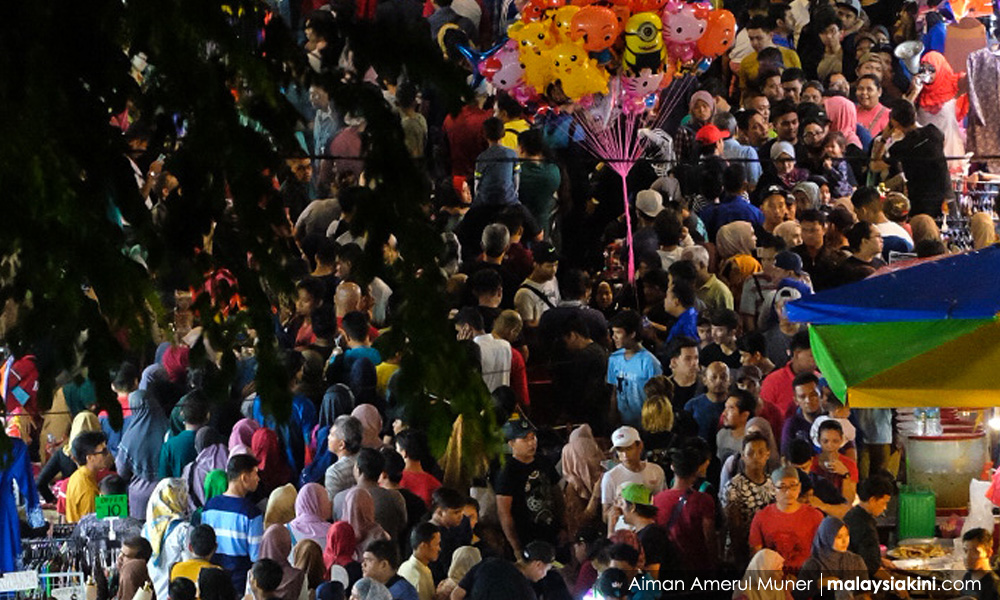
The most dynamic group of Malaysians, its young, are imprinting their own brand on the nation. As the largest share of the electorate, reaching 40 percent of those under 30 – larger still with the voting age changed to 18 – they will set the political direction for the country.
This happened in the last three by-elections and will do so again. Young people today are less inclined to hold back and comparatively, young Malaysians participate in politics more than their regional neighbours – with the exception of Hong Kong.
The last decade showed that Malaysia is strongest when the people are together. The national outpouring of grief surrounding the 2014 tragedies of MH370 and MH17 remains illustrative of the capacity to come together, to turn grief into giving and crisis into community.
While the current attention focuses on division, the national ties in the social fabric remain strong. There is a love of a unifying celebration. Malaysia won seven of her 11 Olympic medals this past decade, with each victory a truly national one.
Capacity and confidence
It is important to appreciate that in a dark period of the past decade, when it appeared hopeless with increased political crackdowns on dissent in 2015-2017, solutions were found to build new political alliances and offer new solutions. The capacity of the elite to work together is there, when national interest is prioritised over personal interest.
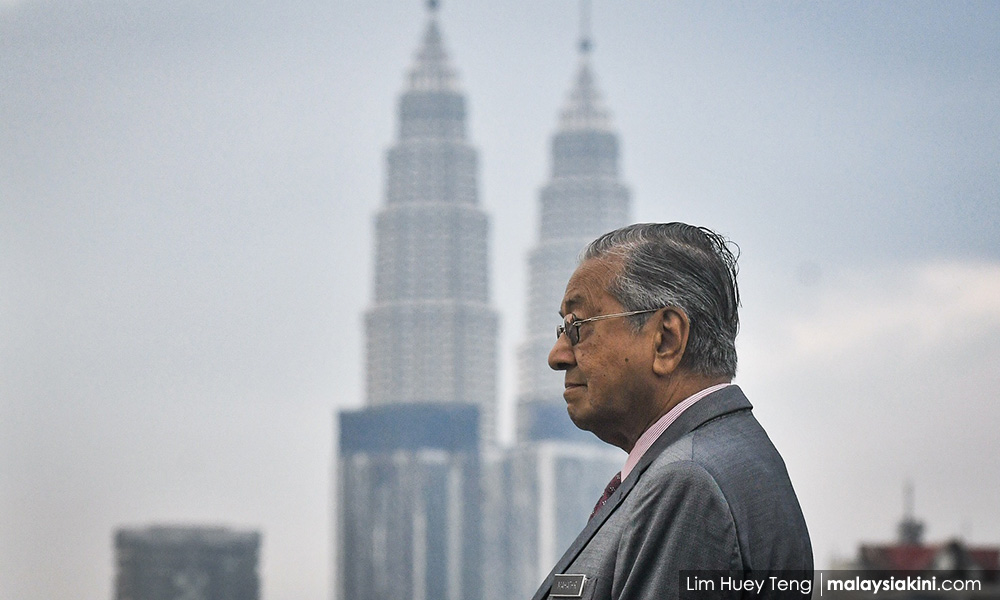
As Malaysia looks to 2020, some of the goals in Vision 2020 have yet to be achieved, but many of these have been surpassed. Ordinary citizens and its leadership are no longer just talking about the nation’s problems, but they are embracing new creative ideas to address the problems. There is a greater deserved confidence.
This process of the ongoing post-GE14 political transition is uneven, imperfect, and often not meeting higher expectations, but is happening as the resilience of Malaysians continues to be a force underlying the nation’s foundation and offers promise for a better future ahead.
Yesterday:
BRIDGET WELSH is a Senior Research Associate at the Hu Feng Centre for East Asia Democratic Studies, a Senior Associate Fellow of The Habibie Centre, and a University Fellow of Charles Darwin University. She recently became an Honorary Research Associate of the University of Nottingham, Malaysia's Asia Research Institute (UNARI) based in Kuala Lumpur.



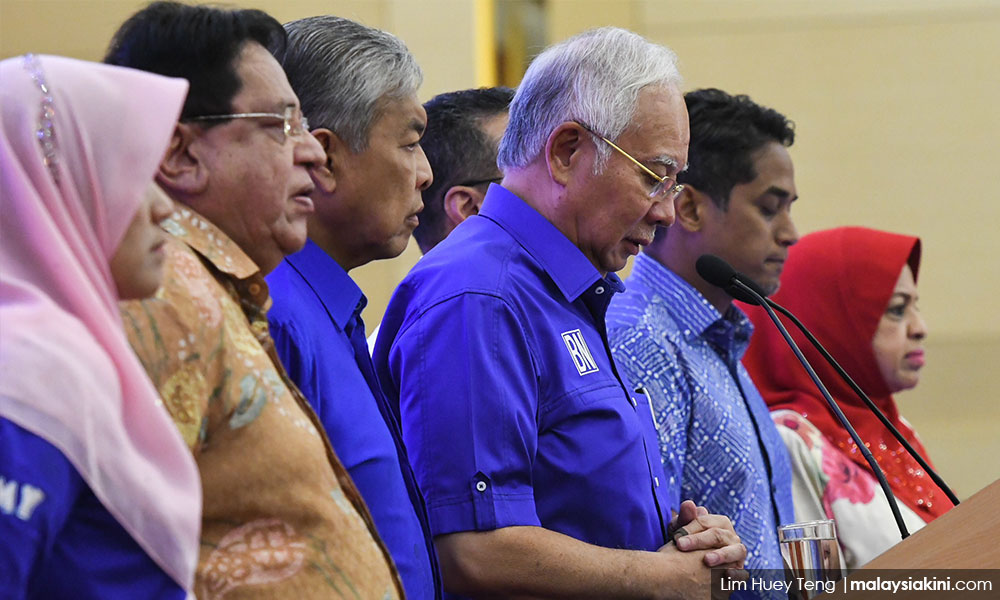
surah mudassir bangla |সুরা মুদাসসির | Noor
ReplyDelete